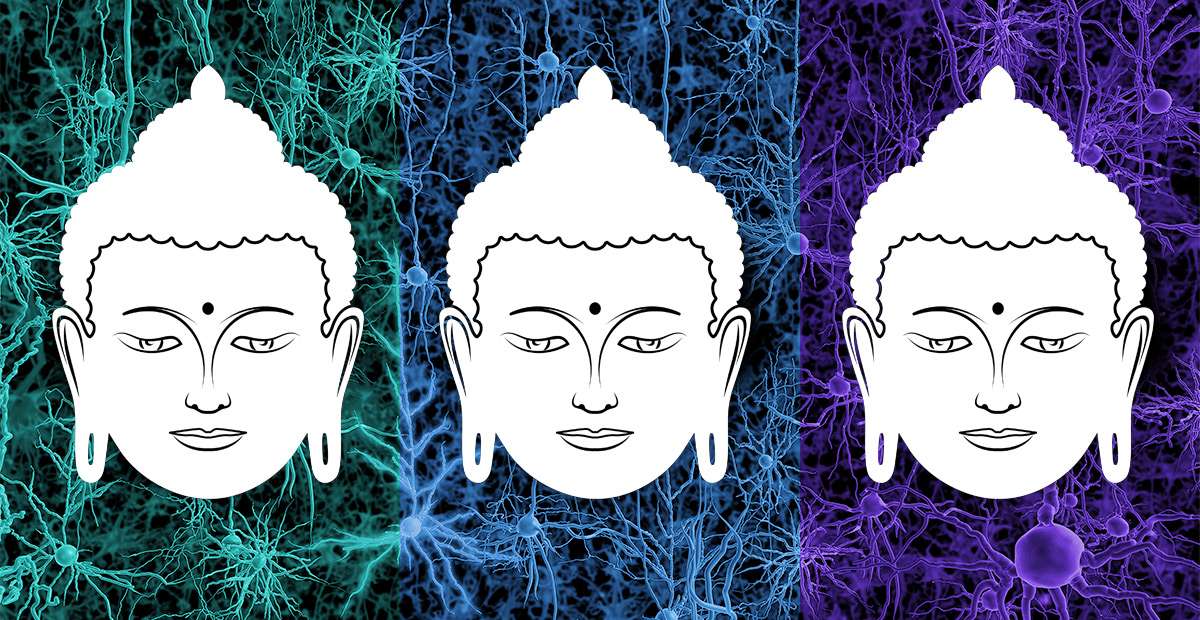by Joe Loizzo
As you consider whether our program may be right for you, I thought it might help if I share some of the feedback I’ve heard over the years on what makes this program such a transformative journey for people seeking a deeper experience of the confluence of Buddhist contemplative psychology and contemporary life.
We offer a rare integration of rigorous academic learning, deep grounding in contemplative practice, and a learning community of open-hearted sharing led by a world-class faculty of scholar-teachers, scientific researchers, and pioneering clinicians who help make our journey together a truly life-changing experience. The curriculum has been carefully designed as a comprehensive, multi-disciplinary dialogue between East and West, comparing and contrasting; Buddhist contemplative psychology with contemporary psychotherapy, Indo-Tibetan meditation and yoga science with the latest neuropsychology; and Buddhist ethics with the contemporary ethics of social justice, psychosocial change and transformational community.
You will leave the program with a comprehensive understanding and practical grounding in the three major schools of Buddhist psychology based on mindfulness, compassion, and embodiment; and how these align with advances in contemporary neuroscience, psychotherapy, positive psychology, social psychology, and the latest research on transforming stress, trauma and the reactivity of the autonomic nervous system.
The whole curriculum is grounded in comprehensive training in mindfulness, compassion, and embodiment practices, including the deeper insight, compassionate motivation, and communicative skills that will enable you to apply them to your moment-to-moment life and work– where all our boundless potential for transformation lies waiting to be tapped.
The program comes alive in our live online sessions, which combine communal meditation, large and small group sharing, interactive lecture-discussion and Q&A. Students are also encouraged to join peer-led extracurricular study and meditation groups which further deepen the bonds of community developed over the program.
Across the Mindfulness, Compassion, and Embodiment years, we have a pioneering core faculty and an unparalleled visiting faculty that guide this learning, including Robert Thurman, Sharon Salzberg, Jan Willis, Khensur Jangchub Choeden, Sue Johnson, Lama Rod Owens, Dan Siegel, Jasmine Syedullah, Chris Germer, Diana Fosha, Ven. Robina Courtin, David Vago, Ethan Nichtern, Janina Fisher and others.
Whether you are considering this course for your own personal journey or to support your professional practice of psychotherapy or any caregiving discipline, you will gain an understanding of how to live in the world with more insight, awareness, joy, and compassion for yourself and others. This is the medicine the world needs right now.
If this resonates with you, I encourage you to join us—apply now using one of the links below.
If you have any questions, please don’t hesitate to reach out to info@nalandainstitute.org, and one of us will get back to you.
May you be well,
Joseph J. Loizzo, MD, PhD
Academic Director, Nalanda Institute for Contemplative Science
Explore our 2023-2024 Offerings:
El Año de la Compasión en español y portugués
O Ano da Compaixão – Português e Espanhol
Editor’s note:
Joe Loizzo is Nalanda Institute’s Founder, Academic Director, and core faculty of the Contemplative Psychotherapy Program. He is also Assistant Professor of Clinical Psychiatry in Integrative Medicine at Weill Cornell Medical College and Adjunct Assistant Professor at the Columbia Center for Buddhist Studies.

